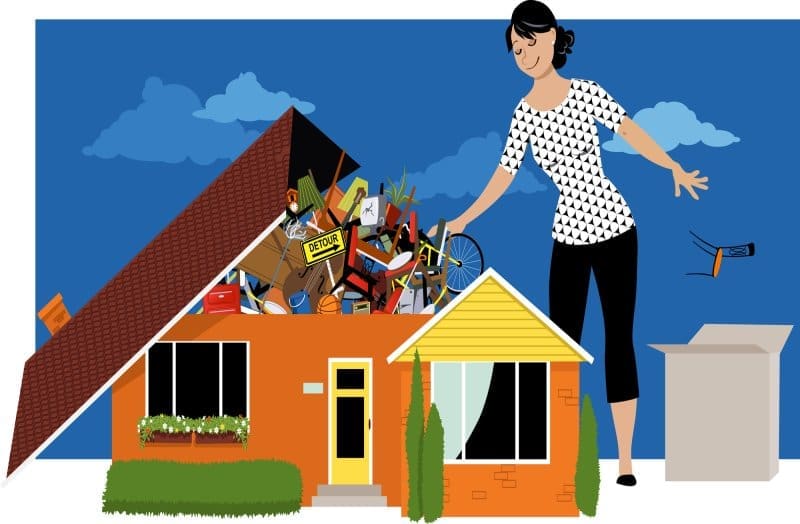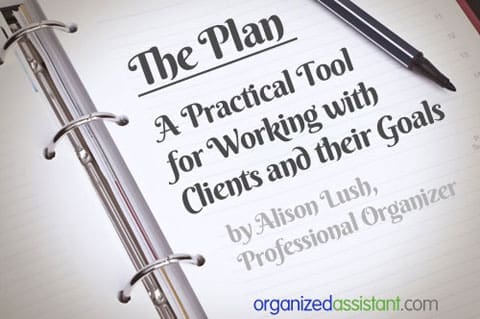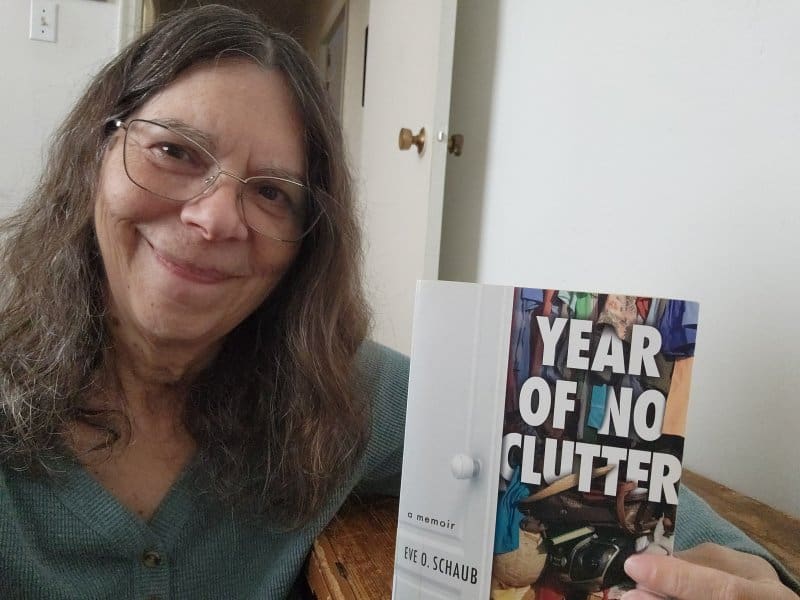Would You Like to Work with Hoarders?
This page may contain links to Amazon.com or other sites from which I may receive commission on purchases you make after clicking on such links. Read my full Disclosure Policy

There’s lots of buzz right now about A&E’s new documentary series about real people whose compulsive hoarding is leading to serious problems in their everyday lives. If you didn’t catch the premiere on Monday night, be sure to visit the Hoarders website to see what you missed.
I found it heartbreaking to witness the challenges faced by the compulsive hoarders on the show, and by their families. At the same time, I admire them, not only for taking the huge step of making positive changes in their lives, but for exposing themselves to the world in order to educate others. I also have a great deal of admiration and respect for the professional organizers who work with these individuals.
You may never encounter a situation like those shown on Hoarders, but if you offer residential organizing, there’s a chance that you will. I predict that it’s even more likely now, because the show will help reduce the stigma associated with chronic disorganization, empowering viewers facing similar issues to take action.
You can prepare yourself by downloading a free copy of the Clutter Hoarding Scale developed by the Institute for Challenging Disorganization (ICD). The Clutter Hoarding Scale is an assessment that may be used during your initial consultation to determine the degree of household clutter and hoarding, and the level of support needed. In many cases, the client will need to work with a professional organizer with specialized training in chronic disorganization.
If you are interested in this specialty, you should become an ICD subscriber. Before joining, you must first be a member of NAPO or POC, or provide documentation showing that you’ve been in business as a professional organizer for at least one year. ICD offers weekly teleclasses to help their members work towards various levels of certification.
In addition, ICD also holds an annual conference for organizers and other professionals who work with chronic disorganization clients.
If you’re not sure whether chronic disorganization is your thing, you may wish to explore the subject further before investing in membership or the conference. In this case, you’ll be pleased to know that ICD also offers a number of free fact sheets which you may find of value.
Illustration by Aleutie / Depositphotos



